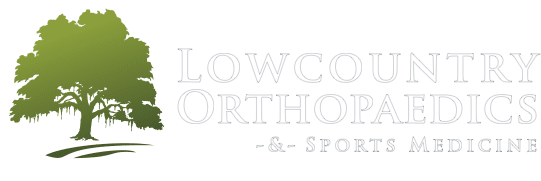Arthritis
Arthritis is the leading cause of disability in the United States. It can occur at any age, and literally means “pain within a joint.” Although there is no cure for arthritis, there are many treatment options available. It is important to seek help early so that treatment can begin as soon as possible. With treatment, people with arthritis are able to manage pain, stay active, and live fulfilling lives, often without surgery.
Attention: Now Accepting New Patients
Osteoarthritis
Cause
Many factors increase your risk of developing osteoarthritis. Because the ability of cartilage to heal itself decreases as we age, older people are more likely to develop the disease. Other risk factors include obesity and family history of the disease.
Rheumatoid
Cause
The exact cause of rheumatoid arthritis is not known. Although it is not an inherited disease, researchers believe that some people have genes that make them more susceptible. There is usually a “trigger,” such as an infection or environmental factor, which activates the genes. When the body is exposed to this trigger, the immune system begins to produce substances that attack the joint. This is what may lead to the development of rheumatoid arthritis.
Post-Traumatic
Cause
Fractures – particularly those that damage the joint surface – and dislocations are the most common injuries that lead to this type of arthritis. An injured joint is about seven times more likely to become arthritic, even if the injury is properly treated. In fact, following injury, your body can secrete hormones that stimulate the death of your cartilage cells.
Treatments
Lifestyle Modifications
Some changes in your daily life can help relieve the pain of arthritis and slow the progression of the disease. These changes include minimizing activities that aggravate the condition, switching from high-impact activities to lower impact activities, or losing weight to reduce stress on the joints.
Physical Therapy
Specific exercises can help increase range of motion and flexibility, as well as help strengthen the muscles in your foot and ankle.
Assistive Devices
Wearing a brace—such as an ankle-foot orthosis (AFO)—may help improve mobility. In addition, wearing shoe inserts (orthotics) or custom-made shoes with stiff soles and rocker bottoms can help minimize pressure on the foot and decrease pain.
Medications
Nonsteroidal anti-inflammatory drugs (NSAIDs), such as ibuprofen and naproxen, can help reduce swelling and relieve pain. In addition, cortisone is a very effective anti-inflammatory agent that can be injected into an arthritic joint.
Surgical Treatment
Your doctor may recommend surgery if your pain causes disability and is not relieved with nonsurgical treatment. The type of surgery will depend on the type and location of arthritis and the impact of the disease on your joints.

